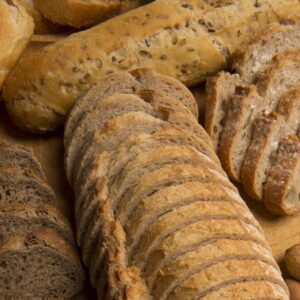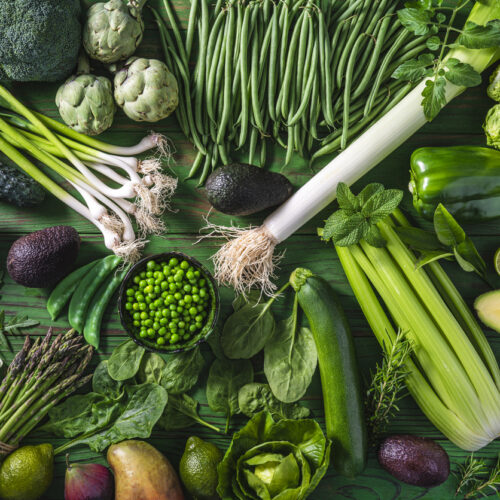
Had a bad day? Eat some chocolate. Feeling stressed? Pour a wine. If food has become a ‘fix-all’ for you, it can sabotage your healthy intentions. Dietitian Brooke Delfino shares her tips for breaking the cycle.
Whether it’s surviving a hectic week with the kids, nailing a work deadline or hitting a weight-loss goal, it’s common to turn to food for a feel-good reward.
While celebrating big (and small) wins with a glass of wine or a night off cooking is a great way to stay motivated, constantly using food as a reward can be a slippery slope to sabotaging your healthy habits. Try these 10 alternative reward ideas instead.
- Go for a scenic coastal walk or bushwalk with a friend. Walking and talking is a great way to unwind mentally from the stresses of the week.
- Buy a new kitchen appliance that will make cooking and eating healthy meals easier, such as a blender, slow cooker or air fryer.
- Book in for a facial, massage or manicure — the ultimate luxury that will leave you feeling pampered and confident!
- Sign up to train and complete a 5km fun run with a friend.
- Buy that new workout gear you’ve had your eye on. Feeling good in the clothes you’re wearing can be all it takes to encourage you to exercise regularly.
- Watch a favourite movie or binge a few episodes of your favourite Netflix series — entirely guilt-free because you’ve earned it!
- Sign up for classes in a creative activity, such as painting, cooking or pottery.
- Have an early night or enjoy a morning lie-in. Taking time for a little extra shut-eye is a great reward for getting through a busy week.
- Plan a weekend getaway.
- Pay yourself to keep up good habits. Put a dollar in a jar each time you drink eight glasses of water a day or exercise. Once you’ve saved $100, splurge on something you’ve been coveting.
Retrain your brain
Eating certain foods and drinks can increase the brain’s levels of dopamine, a feel-good hormone that gives us that ‘high’ feeling. Research shows dopamine plays an important role in reward-seeking behaviours, such as eating ‘treat’ foods, by rewarding our anticipation. Because of this, the anticipation often feels better than eating the food itself. Enter: food cravings! The good news is that, by setting up a system of non-food rewards, you can gradually retrain your brain to anticipate these rewards instead of food-based ones.
www.healthyfood.com










